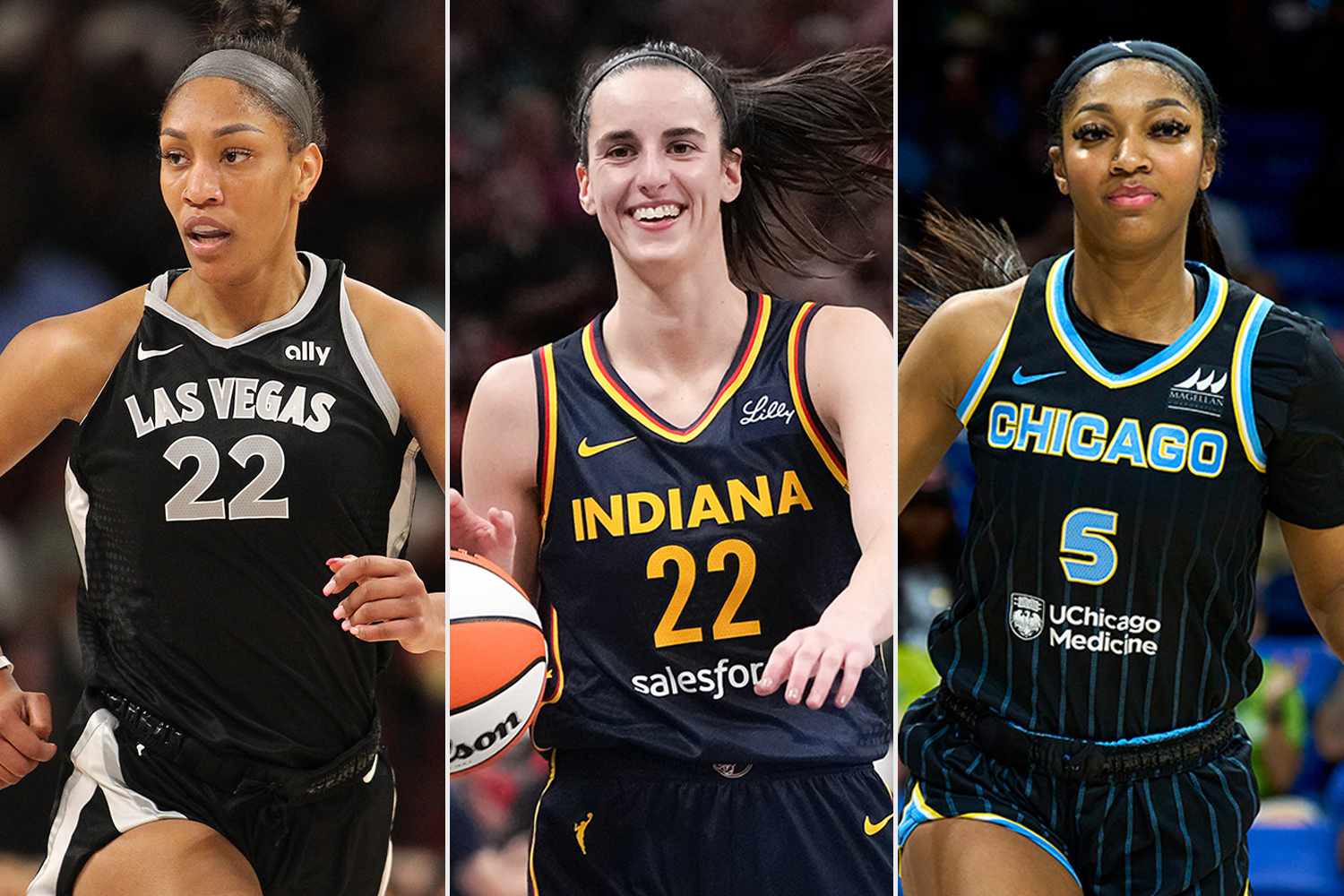
Photo courtesy of Getty Images.
Within the last few years, all levels of women’s basketball have seen a surge in popularity. In 2024, viewership of the Women’s March Madness championship spiked up 89% compared to the previous year.
This unprecedented spike led to the first time in history that the women’s championship game was more viewed than the men’s championship game.
It was also the most viewed basketball game since Game 6 of the 2019 NBA Finals between the Golden State Warriors and the Toronto Raptors.
At the center of it all was Caitlin Clark, who went first overall in that year’s WNBA draft. A few spots later, Angel Reese was drafted seventh.
The narratives and talent these two — and many other up-and-coming players — bring to the WNBA add to the league’s sudden growth.
In all likelihood, the WNBA wouldn’t be able to add six expansion teams to the league if not for the popularity generated by Clark and Reese.
Despite the future looking bright with expansions and young players, many of the headlines surrounding the league are largely negative.
For starters, the league has found itself in a standoff with players over renegotiating its current collective bargaining agreement — CBA. The players' union opted out of the current CBA last October due to the rapid growth of the league.
The WNBA needs this CBA to get ironed out so it can move forward with operations and expansion drafts for its two new expansion teams set to begin play in 2026. The players want to be paid what they’re owed.
While both sides don’t want the situation to get messy, it already has.
Following botched talks during the league’s all-star weekend and a moment of solidarity where players wore black pregame T-shirts reading “Pay Us What You Owe Us,” the issue is being seen on the national stage.
An increase in national attention will no doubt lead to both sides coming to an agreement sooner than they otherwise may have. Despite this, it’s not a good look for your league’s major headline to be the issue of paying fair wages to players.
Yet another facet of the game being heavily scrutinized is refereeing. Players and coaches have been clamoring for more consistency in foul calls. Many preface their statements with the hope that they won’t be fined for expressing their opinions.
The numbers point to the lack of a dramatic shift from previous years in terms of officiating. In fact, the average number of fouls per game — 18.7 — is the highest it’s been since 2017.
While that doesn’t equate directly to fairness in foul calls, it does point to the fact that referees aren’t necessarily calling fewer fouls on average.
Every major sport has its complaints surrounding foul calls and consistency. The difference between the WNBA and all those other leagues is that there have never been this many people watching their league.
Other major sports leagues also don’t tend to have a slew of physical play and animosity directed toward their star player.
Caitlin Clark has found herself on the receiving end of a significant amount of physicality from other players in the WNBA. She has also repeatedly found herself being the recipient of ire from players saying the league doesn’t need her to be a widely-viewed sport.
And yet, the numbers don’t lie. When Clark isn’t playing, viewership plummets significantly. Right now, she’s out for an unknown amount of time with yet another injury.
While there isn’t causal evidence that indicates opponents being physical with her have led to this season’s slew of injuries, it’s hard to ignore that it might be the case. Over time, continued lack of consistent officiating could lead to her career being cut short.
None of these are good looks for the WNBA. As a league on a meteoric rise, it can’t have instances of questionable officiating, alleged bad-faith negotiating, and disregard for star players continuing to occur.
The WNBA can continue to grow for the time being. Caitlin Clark is pulling in major viewership when she’s on the court. When she’s hurt, some viewers still tune in to watch young stars such as Sabrina Ionescu and Paige Bueckers.
Major sports leagues only do well if they are able to handle scrutiny directed towards them. If the league continues to fail to do so, its newfound viewership will vanish, and the WNBA will be back to being largely irrelevant in the sports landscape.